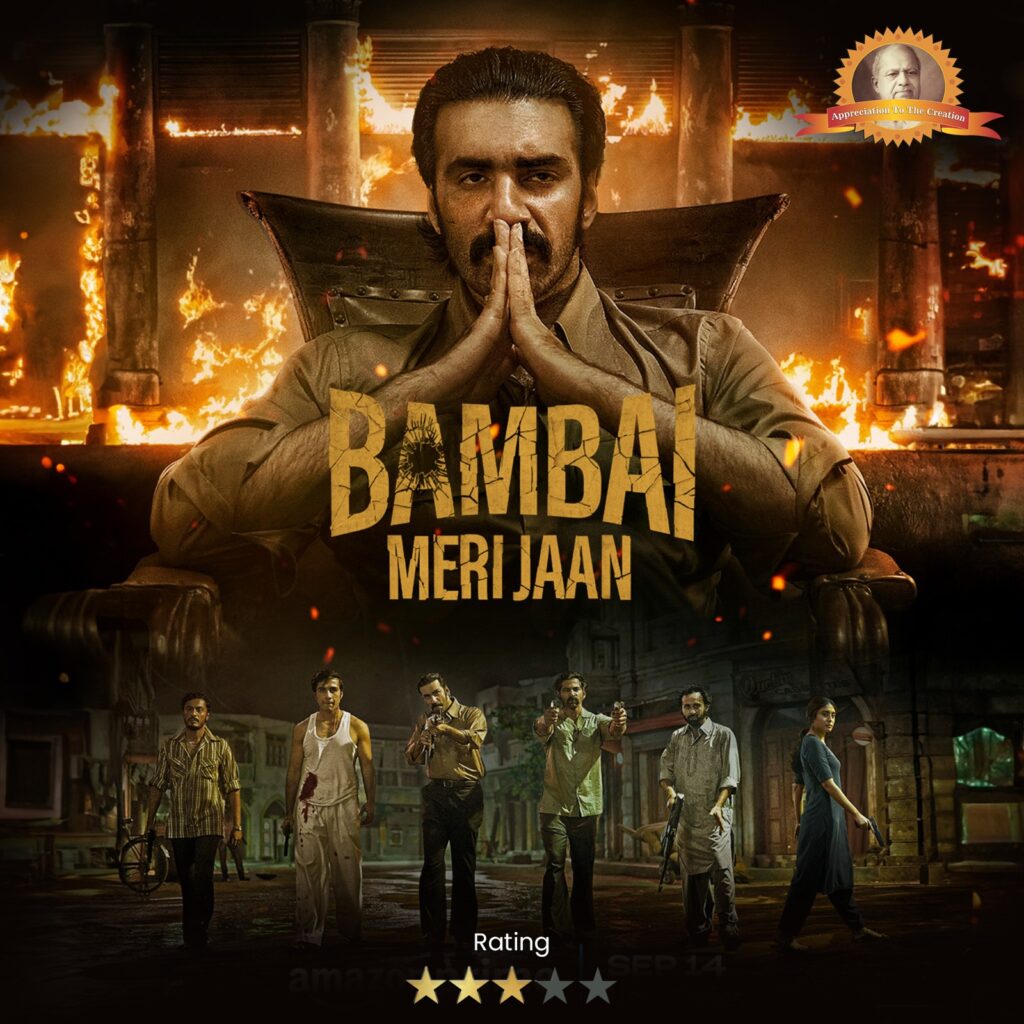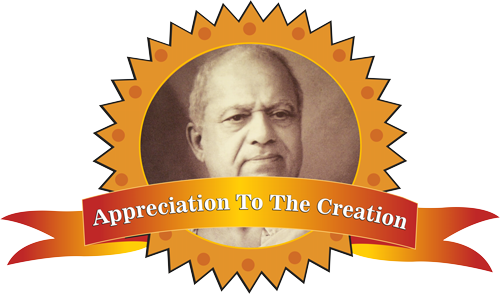Bambai Meri Jaan Review

Gangster dramas pose a challenging genre to master. The task is to narrate the tale of individuals consumed by power and control, ruthless in their pursuits, responsible for numerous casualties, and disruptors of law and order. These characters are humanized, yet one must exercise caution not to glorify them.
Navigating this fine line is especially tricky, given humanity’s natural attraction to violence. In ‘Bambai Meri Jaan,’ we witness the rise and dominion of a figure whose life has seen numerous screen adaptations. It chronicles the ascent of a police officer’s son from Dongri, aspiring to seize control of Dubai’s underworld with his D-Company, ultimately emerging as the ‘zamindaar’ of Mumbai.
Although the show refrains from using real names, it’s not challenging to decipher the real-life persona being alluded to. The story is narrated by Ismail Qadri, portrayed by the talented Kay Kay Menon. It meticulously traces his descent from an ‘imandaar’ (honest) police officer compelled to strike a pact with the ‘shaitan’ (devil) Haji Maqbool, played by Saurabh Sachdeva. Unbeknownst to him, evil takes root under his own roof, with his son Dara Qadri leading his siblings down the same perilous path.
As Dara (Avinash Tiwary) matures, his thirst for power burgeons. Having experienced poverty due to his father’s unwavering integrity, he initially craves wealth to safeguard his family from a similar fate. However, this greed swiftly morphs into an insatiable lust for dominance. His transformation is remarkable, evolving from a small-time con artist peddling fake Rado watches to the individual who challenges Haji and Pathan’s undisputed empire. Alongside him, he leads his brothers Saadiq (Jitin Gulati) and Ajju (Lakshya Kochar) and sister Habiba (Kritika Kamra) down the treacherous path of bloodshed, lawlessness, and total control over Mumbai during the late 70s and 80s.
The series remains steadfast in its portrayal of the gangster drama genre, replete with murder, violence, and spine-chilling sequences. If disturbing content isn’t your preference, it’s advisable to give this one a wide berth.
Spanning 10 episodes, the series maintains a consistent pace throughout. The narrative adopts a circular structure, with Ismail Qadri taking us back in time, emphasizing the alternate paths Dara and his siblings could have chosen. This narrative device is skillfully employed to prevent the glorification of the characters. Rensil D’Silva and Sameer Arora’s adaptation of S Hussain Zaidi’s ‘Dongri to Dubai’ is commendable.

